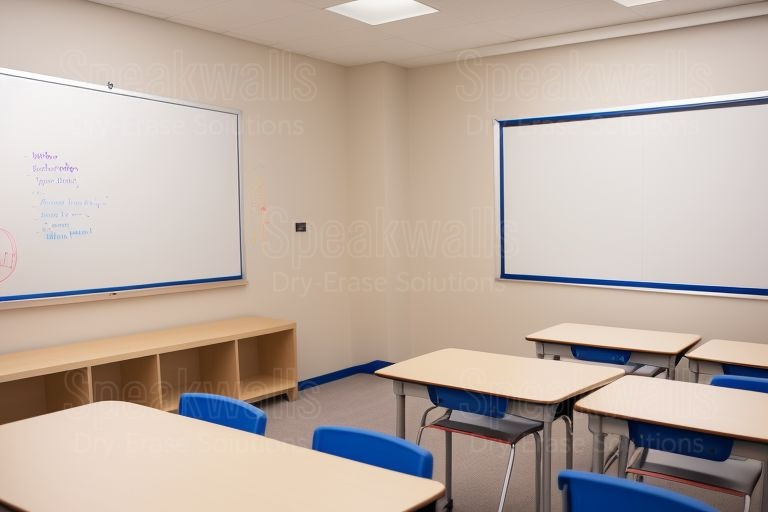AI is quickly becoming a game-changer in education, with the potential to revolutionize how students learn, teachers teach, and schools operate worldwide. From personalized learning experiences to streamlined administrative tasks, AI is playing a key role in global educational reform movements, and the impact could be huge.
One of the most exciting aspects of AI is its ability to standardize education across the globe. In countries where access to quality teachers and resources is limited, AI can step in to offer personalized learning that adapts to the student’s needs. Think of AI tutors that can provide real-time feedback, helping students master difficult concepts at their own pace. This makes education more accessible, particularly in under-resourced areas.
But AI isn't just about filling in gaps—it’s also about enhancing the learning experience. AI-powered tools can analyze how students learn, track their progress, and suggest tailored lessons that suit their strengths and weaknesses. This personalized approach ensures that no student is left behind, making education more equitable on a global scale.
Moreover, AI can help improve teacher effectiveness. By automating administrative tasks like grading and scheduling, teachers can focus more on what really matters: interacting with students. AI can also assist in professional development, providing teachers with insights into the best teaching practices for their students.
In short, AI has the potential to transform education by making it more personalized, accessible, and efficient. As AI continues to develop, it’s poised to become a cornerstone of educational reform, benefiting students and teachers around the world.
